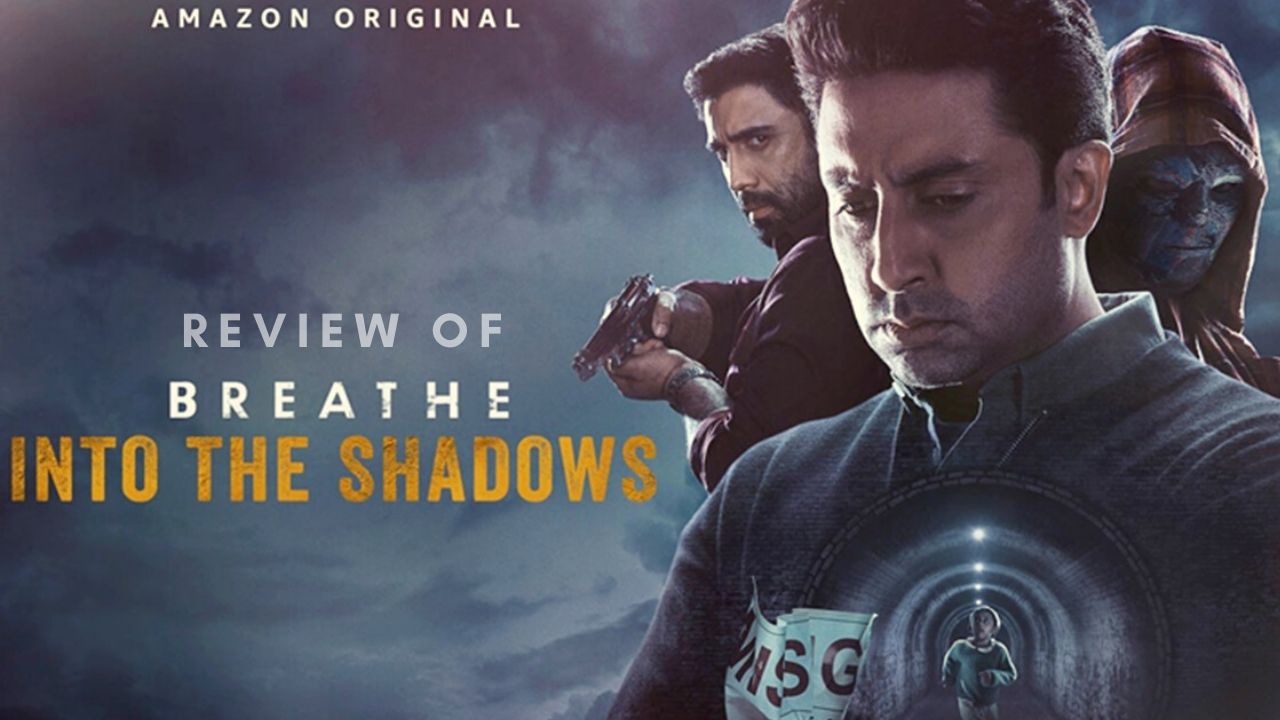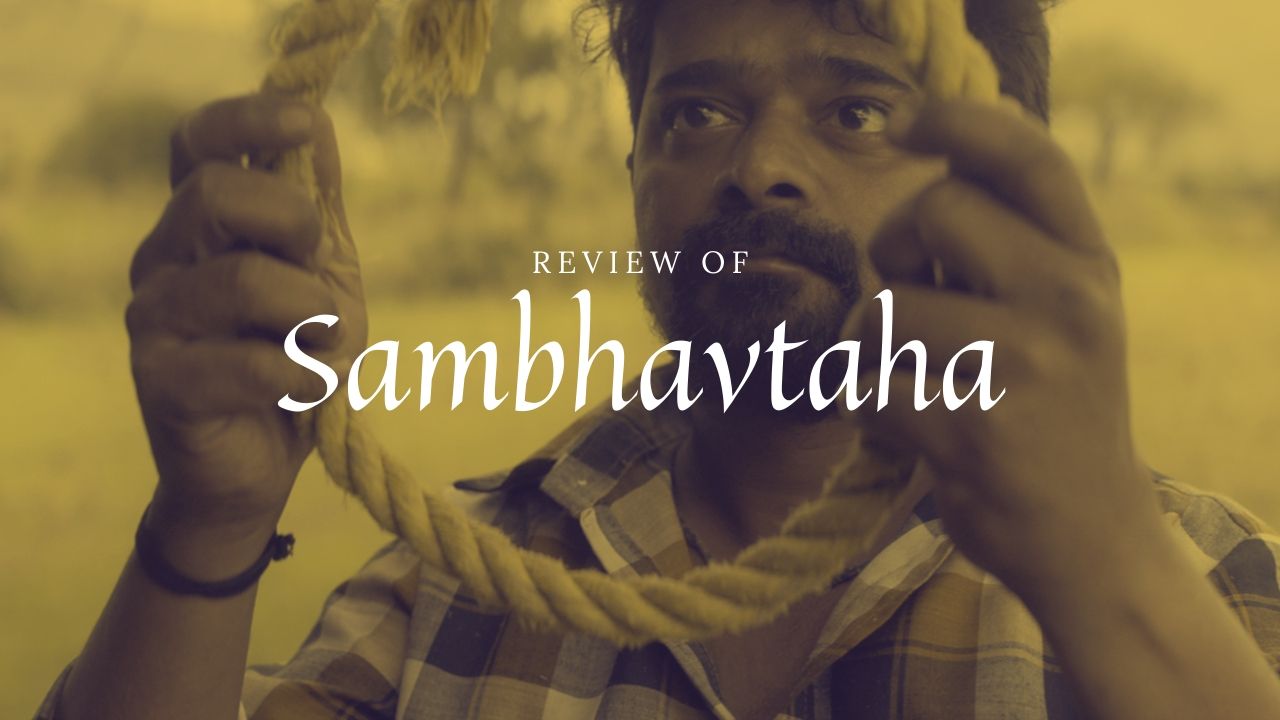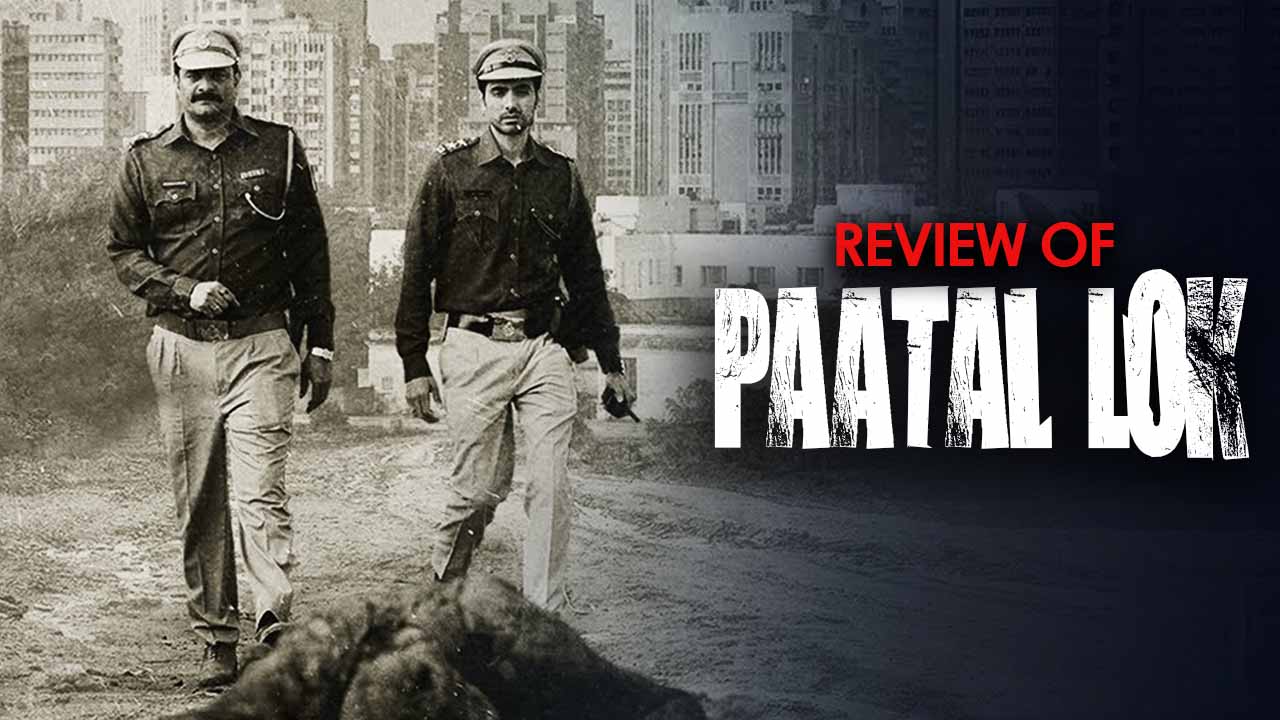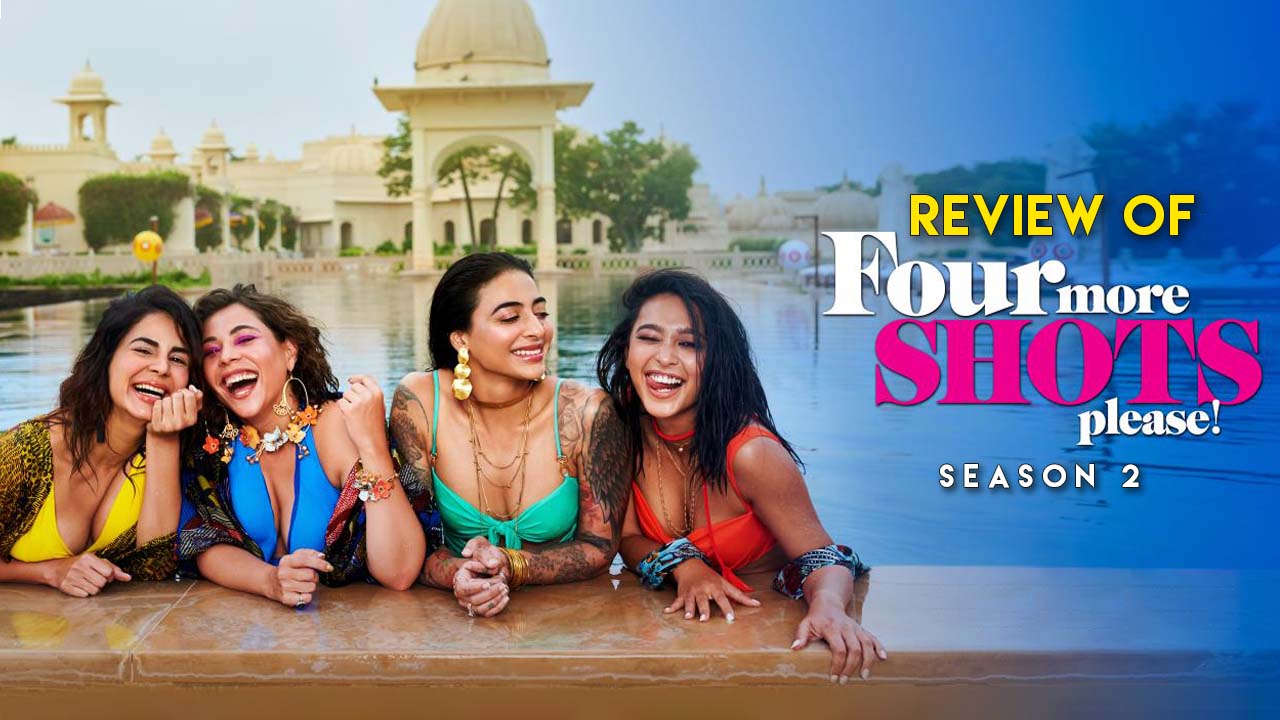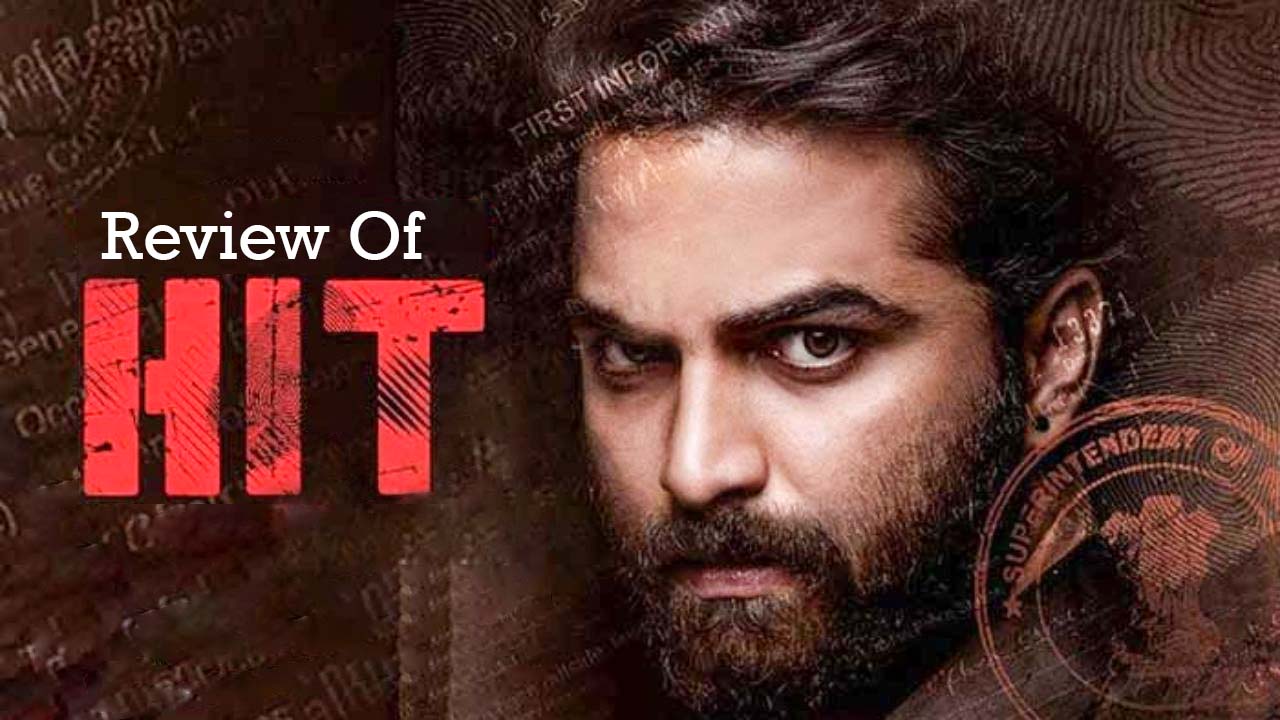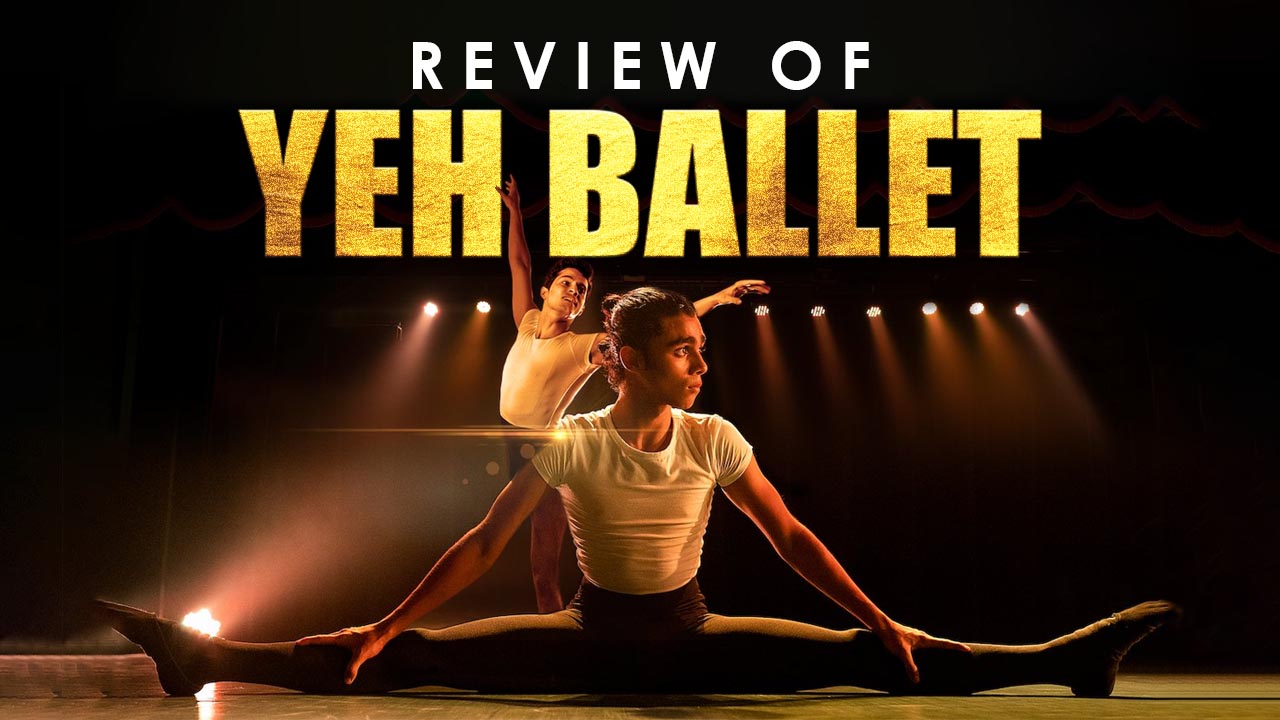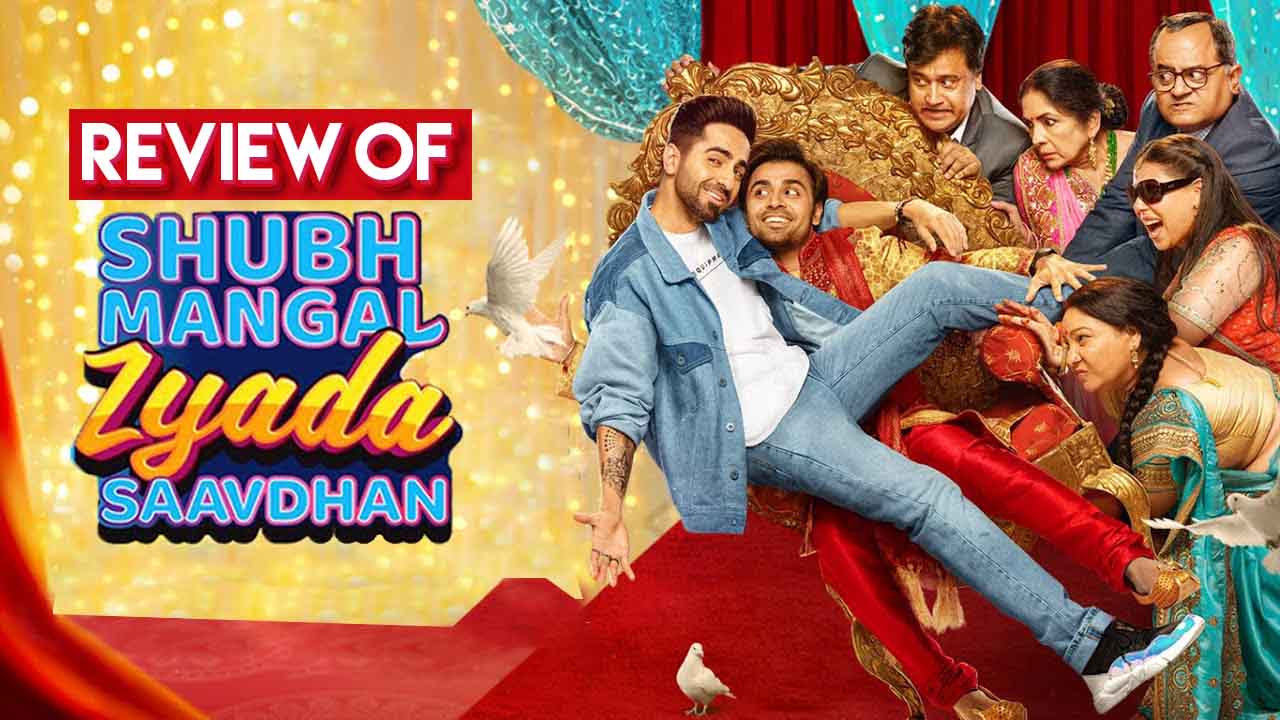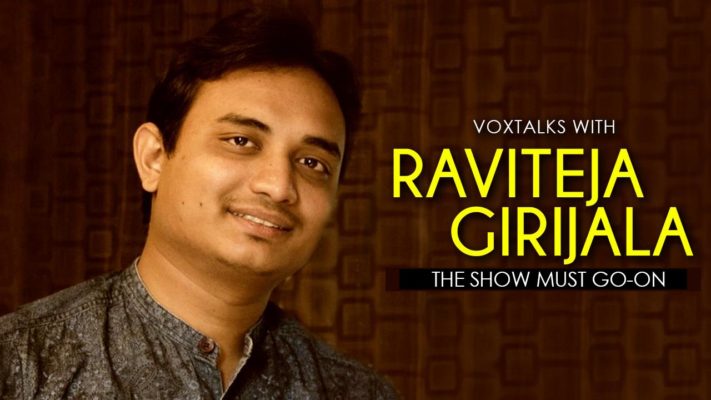
The Essence Of An Editor – Raviteja Girijala
Yes, we have been talking off-late a lot about the young talents in the Telugu Film Industry and it actually feels heartwarming to see such talents proving themselves over and over again. If Tharun Bhascker, Vivek Athreya, Venkatesh Maha, Vivek Sagar, Priyadarshe, Rahul Ramakrishna and Vijay Deverakonda are a few who represent the new generation of Telugu cinema, I would like to add another great resource to this list and the common factor to all of them, Raviteja Girijala. If you are still surprised and unable to figure out his role, know the fact that it’s he who is the first audience to what the entire industry has witnessed so far, EDITOR.
A soft-spoken person that he is and the one who simply minds nothing but his work, Raviteja has great clarity about what he is doing and why he doing it. His words show the clarity he has for his role as an editor and his movies have proven the depth in his craft. For the simple human, he is, Raviteja is least bothered about any fame that surrounds cinema but urges that at least people inside the industry should be well aware of editing as a craft. We at VoxSpace happened to catch up with the 27-year old for a small chit chat, and he has given some great inputs from his craft.
Hi Raviteja… First things first, we see that you pursued your graduation in Engineering and now you are the most sought-after NextGen editor in Telugu Film Industry? How did this transformation happen (from an engineer to the editor)? Was it something you wanted to take up or happened accidentally?
Hi and yes, I passed out from my engineering in 2013 from BITS, Hyderabad. But the primary reason I joined Engineering in Hyderabad was to get closer to the industry. Engineering was a graduation I anyways needed to complete. So, I thought why not make it happen in Hyderabad, I could as well get a closer look at the industry. Even during my engineering, I used to work on short films with my friends. The interest to join films has been there in me from my childhood. I just wanted to construct a definite path to sustain well in the industry and by the end of engineering, I found my interest in editing. After graduating, the best course within the stipulated time I could buy from my parents was the course on editing and sound design for 1 year at LV Prasad Film Institute, Chennai. This was the closest to my interests.
The institute also helped me a lot in understanding other crafts and how their thought process works. We were open to discussions and we would sit to brainstorm and give in our best from our respective crafts.
An editor is the first audience for any film. How transparent are you in giving feedback to your director or producer once you have edited a film completely?
Yes, feedback definitely happens. All that I see is if I am the audience to a particular scene, how would I react or connect? So, that way I ensure a proper judgement. Of course, the director gives his inputs and tells me what’s the overall point he wants to convey. I sincerely abide by that, because at the end of the day, it’s the director’s vision. As an editor, I have a certain approach as I travel with the makers from the beginning. I perform my job to edit that will enhance the product in the best possible way. I complete the first edit in the way I have perceived the subject. Later, the director will come and tell me the way he wanted. I look into it and see if the point is getting conveyed or not. This way I and the director do spend some quality time during the editing. In case we come across any patches to fill, it is conveyed and they ensure to fix it in the next schedule.
It’s a constant on-going process. Edit goes on sometimes even till the last 2-3 days before the release. There shouldn’t be any compromises. I understand the attachment directors have with a few scenes to let go off. But at the end of the day, it should add to the story. That is all that matters. Mostly such tough calls happen with comedy. You never know which scenes the audience will connect to. If the point of the scene is conveyed, we should move on to the next one. Sometimes, since the jokes are good, we feel like keeping those extended laughs, but that might dilute the scenes.
As an editor, what do you need to bring to the table in order to get a proper sense of editing?
First and the foremost tool is the sense of clarity. What is needed and what is not? The director will get all that they need and will definitely shoot a lot more footage just to be sure about providing me with every perspective I need. It’s only up to the editor how smartly he uses that footage and materializes the director’s vision. Considering the story-telling, the character arcs, the pacing, everything needs to be kept in mind while editing all of this. Director might come up with his own prejudices, but as an editor, it is up to me to tell what will fit in.
Pellichoopulu, C/O Kancherapalem & Brochevarevarura – Three remarkable movies in Telugu cinema and apart from Suresh Productions, which came in later, it is only you who stands as a common factor for all these coming-of-age films in Telugu cinema. How did all of them resort to only Raviteja Girijala as the editor?
True. That’s a coincidence maybe. In regards to Pellichoopulu – They finished the entire shoot and were looking for editors. I met Tharun through a common friend and by then he had already seen the short films I worked in the Film Institute. So, he had an idea that I was decent at my craft. They also lined up the entire first half of the film. He showed me. I liked everything they did, it looked and felt really fresh. It was something Telugu cinema never saw till then. But then I gave my inputs and the issues I had with the footage and its pacing. I requested if I could work on a few scenes from what they did and show the difference. I re-edited the scenes, showed them and they were really impressed. Tharun has great clarity on what works and what doesn’t. As soon as he saw, he okay-ed it and asked me to work on the entire film. I and Tharun have great sync and whatever either of us disagree, we immediately resolve it and agree on one point.
Through my work for Pellichoopulu only, I met the director Venkatesh Maha for C/O Kancherapalem. Once Maha explained the story, I loved it and he even shot it amazingly. However, the edit for this was quite a challenge because of the story-line. Maha shot a lot of footage and I must say he is quite a stubborn guy (laughs). He always likes to get down to reasons why a particular edit will not work. Directors are different in their own way. So, I also have learned that I should tell them in a different way. Finally, it’s not about his writing or my editing. It’s about the overall FILM. It’s about what the audience will see. In case I and the director have issues, we call an outside party who is a neutral person to have a look at the film and cross-check on the points. So, we too get a new perspective in such ways.
As we got done with C/O Kancherapalem and got going with Ee Nagaraniki Emaindhi, I met Vivek Athreya. He actually wrote two songs in ENE. During this time Brochevaruevarura started. The initial script for this was also quite long. We almost chopped about 50 minutes overall and brought it down to a little over 2 hours. As I said, when it comes to comedy, it’s a very tough call. You feel everything is working, but then we have to look deeper and see whether the story is moving forward or not as well.
Every film is different from the other. True. So, how do you judge or settle down for a particular scene or sequence? Is it all by instincts or is there any technique that you follow particularly to make a scene effective?
Totally. Every film is different and more than instincts or technique, it’s one’s judgement that is very important. At every point, I question myself and definitely there will be an answer to it. So, I take the answer and with my judgement, I go forward. Also, a lot depends on the genre of the film. Edit should flow like any of our casual conversations. Just because an emotion is working, we should not squeeze everything only to fit that. There should be a balance of emotions required in telling the story that was scripted. Just with one of two edit shots, the entire film can be effected.
We all draw inspirations from someone or the other? Do you have any and if so, who is it for you?
Sreekar Prasad is one person I look upto a lot. However, everyone has their own style of story-telling.
Editors are the unsung heroes in getting credits for many films. They do not get the same name and fame when compared to the other crew and cast of the film. What are your comments on this and is this something that bothers you?
The major problem with this particular craft is, not many people have the right knowledge about editing. It’s a complicated craft and with that comes the complications as well. Even till a few years back, not everyone knew the craft of cinematography. Now, that the world has expanded across boundaries and almost everyone knows how a camera works, people have started to observe that. Similarly, with choreography or lyrics etc. Some understand how these crafts work. But, only a director or a few people inside the film crew know what editing is actually. So, as long as the director is giving respect to this craft, which almost everyone does, it is fine. No complaints. I’m not sure if many within the industry are actually aware of this particular craft. So, atleast people here should understand the role of an editor.
Now that, there are more story-oriented scripts coming, the role of an editor is even more important. When it comes to commercial cinema, the approach is totally different. There needs to be hero elevation shots, the fights need to look extravagant, songs need to have a quirky edit and so on depending on that respective hero and his image. Having said that, the current phase that the Telugu cinema is going through is a beautiful one. If what the audience have seen so far is one extent, the coming days is going to be more colourful with some amazing talents who are just waiting to tell their stories. I have heard them and I am confident about them.
While editing a given film, how much of the film’s edit is your call and how much of it is the director’s call? What are the difficulties you face before the movie is rendered finally?
Final call is always the director. How to get there and convince him till that point is my headache. I perform my role in the way it is supposed to be done. Even if I do not like a particular edit sequence, I make sure I have a valid reason backing it. It is more about the communication and like I said, with each director, there is a different way to communicate. I just stick to that and do my job.
Finally, any tips and suggestions you’d like to give to the budding editors out there?
All I would say is, it is better you stick to and work in the group you have proper sync and sensibilities with. We shouldn’t go behind only successful people to work with, analyze yourself and see where you fit in best. Just because something is working, one shouldn’t attempt to do that. It should come to you organically. Be it commercial cinema or alternate cinema, wherever your heart points out, go there. There is nothing in going against the tide. It’s all about giving your 100%. Every person and every group of film-makers are different from each other. And there is no harm in being part of a group.
In the current scene of Telugu cinema, you can see how the young filmmakers are supporting each other and they all have known each other for quite some time. This is a breath of fresh air and brings in great harmony in the industry. It automatically raises the bar for good cinema within the industry. Unfortunately, this was something great filmmakers like Chandrashekar Yeleti, Krish or Shekar Kammula didn’t have around them. So, the inspiration to make more their kind of cinema automatically dipped. Anyways, for the better, the industry is going well now. I’m happy!
Thank you, Raviteja. It was a real pleasure talking to you. Keep doing more stuff and give us more good cinema.








